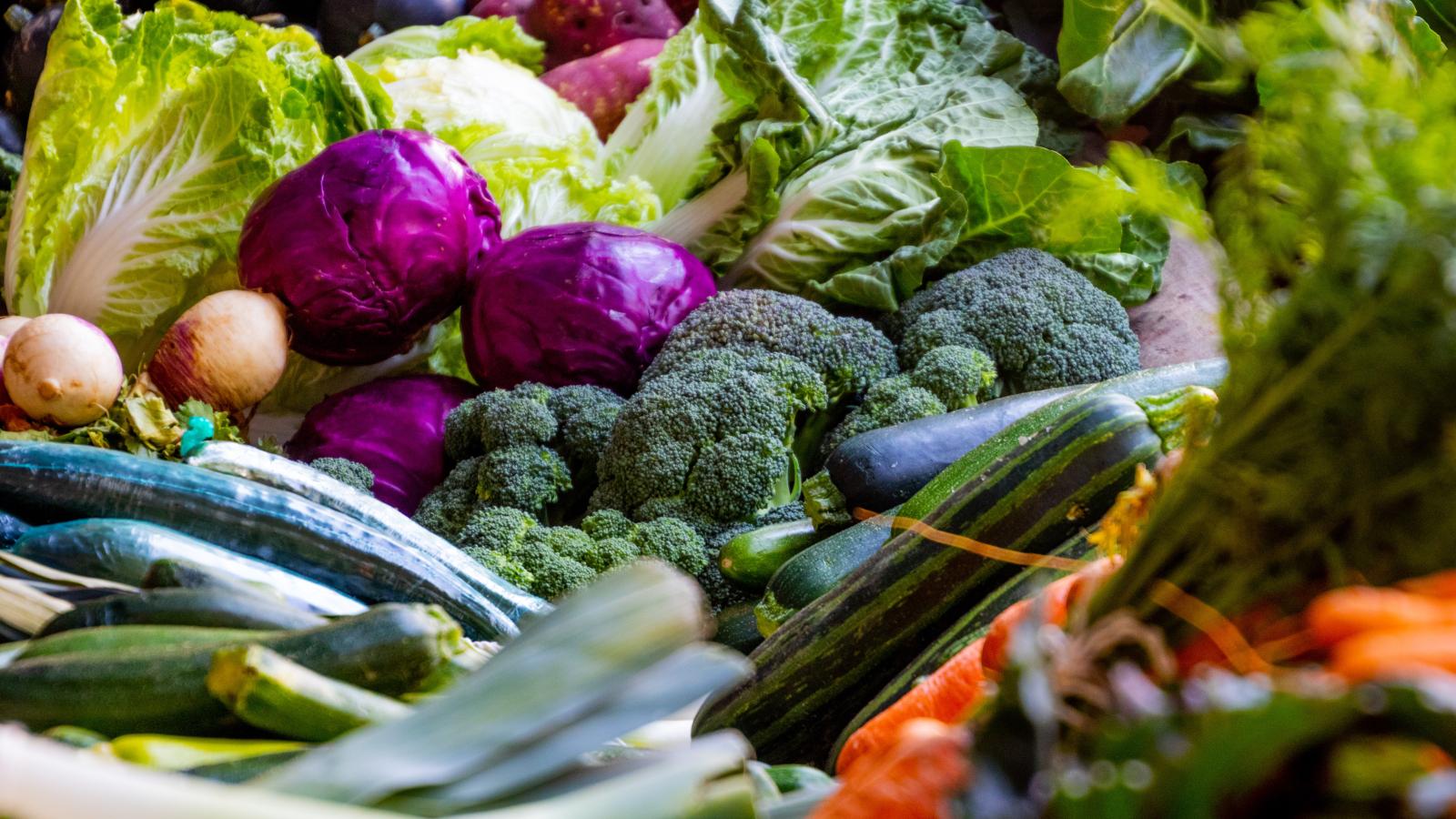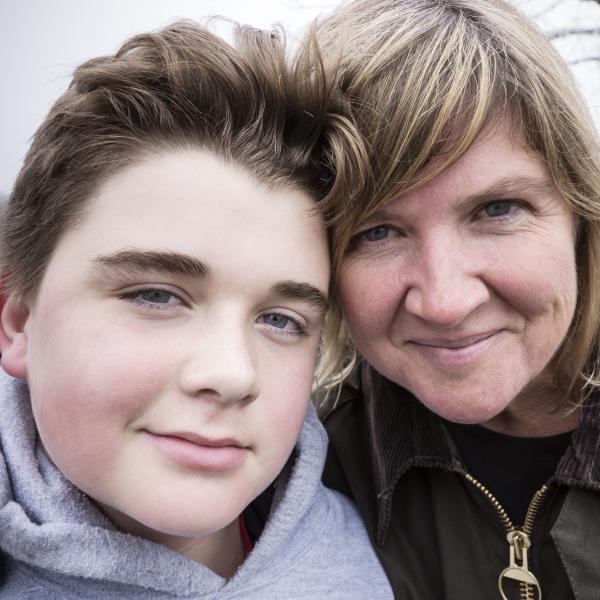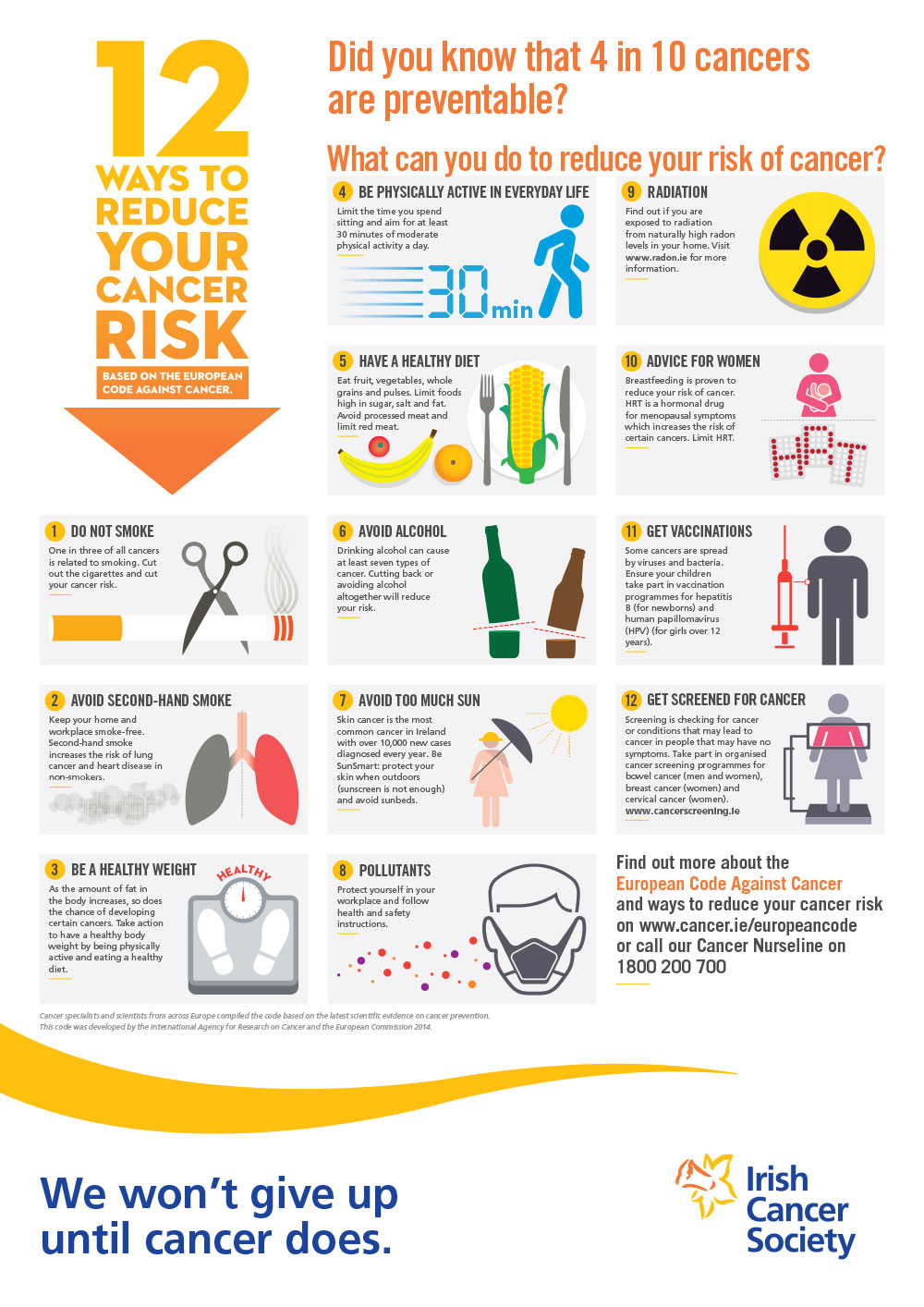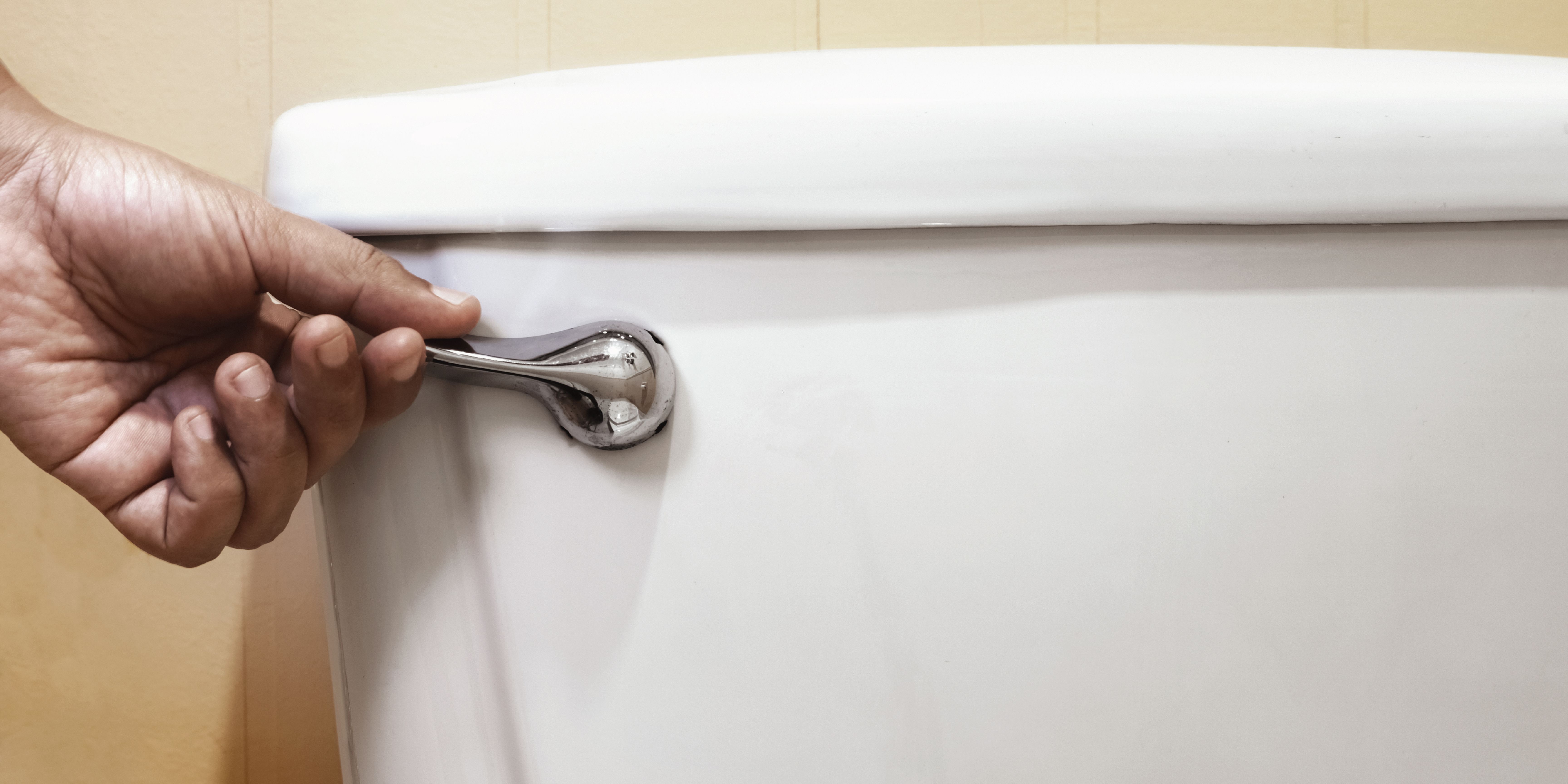What increases my risk of bowel cancer?

These risk factors increase your chance of developing bowel cancer:
- Age: Bowel cancer is more common in people over 50 years, but younger people can also get it.
- Previous cancer: If you have had bowel cancer before, you have a higher risk of getting it again.
- Family history of bowel cancer: If your mother, father, brother, sister or child had bowel cancer, you have a greater risk of getting it, especially if they were under the age of 45. You also have a greater risk if aunts or uncles on the same side of the family had bowel cancer.
- Inherited bowel conditions:Your risk is higher if you or someone in your family has or had an inherited bowel condition such as FAP familial adenomatous polyposis and Lynch syndrome (also called hereditary nonpolyposis colorectal cancer (HNPCC).
- Other bowel conditions: A history of inflammatory bowel conditions such as polyps, ulcerative colitis, Crohn’s disease or coeliac disease.
Risk factors increase your chance of getting bowel cancer. Having a risk factor doesn’t mean you will get bowel cancer. Sometimes people with no risk factors may get the disease.
If you’re worried, talk to your GP or talk to one of our cancer nurses. Call our Support Line on 1800 200 700 or visit a Daffodil Centre.

If there is a history of bowel cancer in your family, your family may be offered genetic testing. This can check for inherited gene changes that may increase the risk of cancer or other conditions. Discuss this with your doctor.
Reducing your risk of bowel cancer
The most important things you can do to reduce your risk of bowel cancer are to:
- Have a healthy diet: Limit the amount of red meat and processed meat that you eat. Processed meat includes bacon, sausages, ham and salami. Eat more fibre, including at least 5 portions of fruit and vegetables every day. Read more about a healthy diet here.
- Be a healthy weight: Being a healthy weight is one of the best ways to protect yourself from cancer.
- Be active: Try to do at least 30 minutes of moderate physical activity on 5 or more days a week.
- Cut out or limit alcohol: Drinking alcohol increases your risk of bowel cancer. The more you cut down on alcohol, the more you can reduce your risk.
- Don’t smoke: Smoking increases your risk of bowel cancer, and the more you smoke the greater the risk. Smokers are also more likely to develop polyps (small growths) in their bowel than non-smokers.
- Get screened: Screening can spot early signs of bowel cancer. It is especially important to get screened if you have a family history of bowel cancer or other risk factors. Learn more about bowel screening here.
For more information
Phone
1800 200 700



